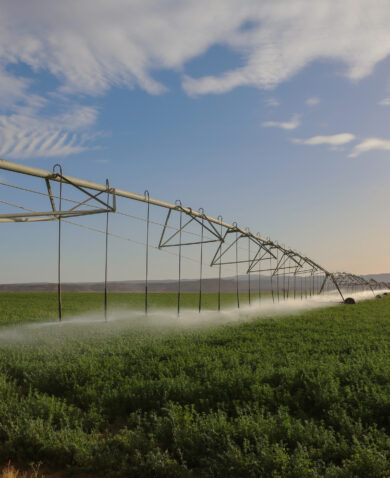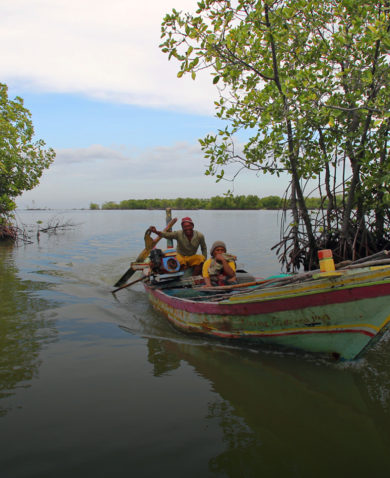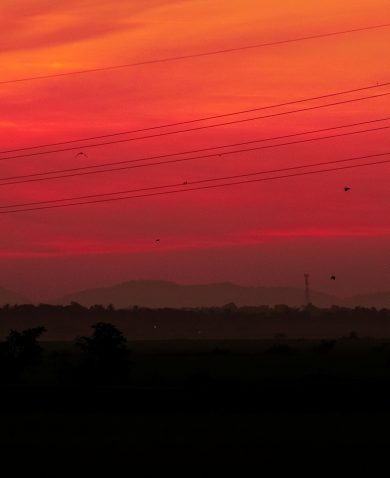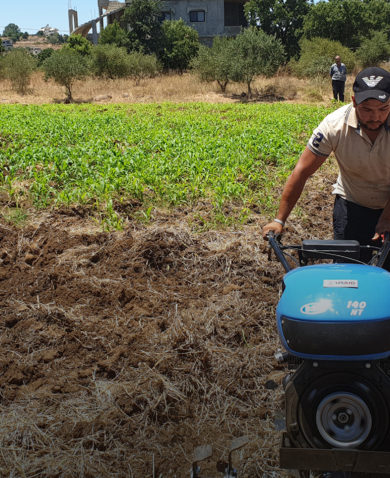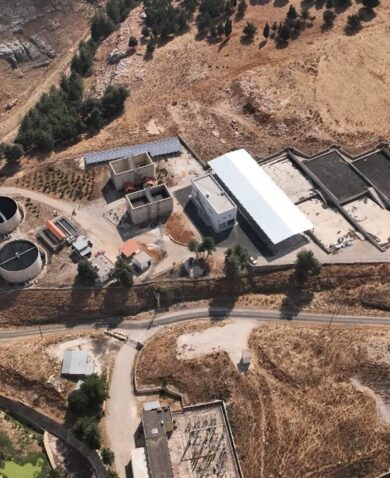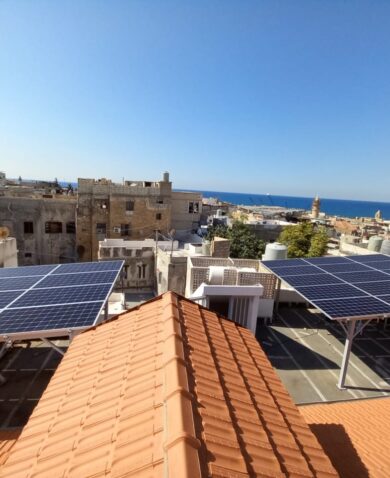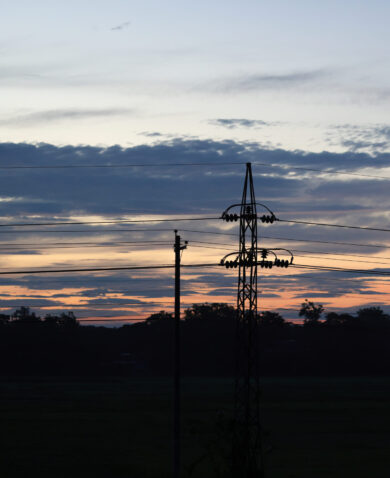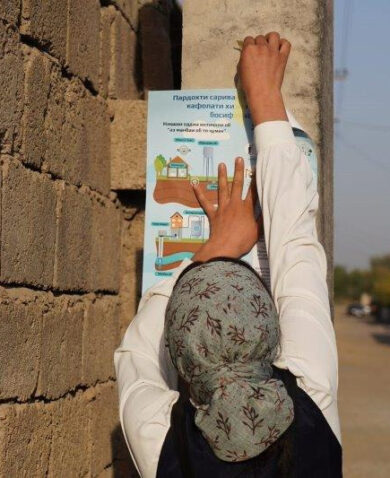Speaking further with Bernelle, I am constantly impressed with the progressive nature that municipal government and Capetonians are adopting to save water. Later this year commercial properties will be expected to reduce their water consumption by 45 percent from 2015 levels. Failure to comply will result in a greatly increased water charge, more than 2.5 times the pre-drought fee. Businesses can also opt to receive or purchase recycled water or treated effluent for very low cost, at no limit, which can be safely used for irrigation and industrial applications. Such commercial and scalable options provide attractive incentives for the business community to embrace more resilient and sustainable practices long term.
Among residents, experts have pointed out that with very simple measures, such as the grey water flushing of toilets (using water collected in shower and sink basins), the fitting of faucet aerators and the use of waterless cleaning products, Cape Town residents could easily get by on 25 – 30 liters per day without a noticeably negative impact on quality of life, and without posing any risk to sanitation or hygiene.
Looking Ahead: The Silver Lining in Cape Town’s “Water Crisis”
Given that water troubles and droughts around the world are expected to worsen, Cape Town’s crisis offers a silver lining of sorts. Rather than focusing on a city suffering from a shortage of a vital resource, Capetonians can embrace their potential for becoming a role model for sustainable water consumption. Cities across the world find themselves in similar drought-stricken conditions to Cape Town; in fact, many use 3-8 times as much water as Cape Town. Those cities should now be able to more robustly analyze social instruments to influence sustainable water usage trends. There is clearly a lesson to be learned from Cape Town looking forward.
The resiliency and progressive behavior that Cape Town has demonstrated to the world should become the new norm in South Africa and inspire cities around the world to follow suit. The social and environmental resilience that Cape Town has adopted additionally demonstrates the potential for a sustainable and livable new standard for more responsible and efficient resource management.
Cape Town may be safe from Day Zero for the rest of 2018 and much of 2019 — but water stress will remain a highly relevant issue across South Africa for the foreseeable future. Cape Town’s new challenge is to now prove that less is more.



